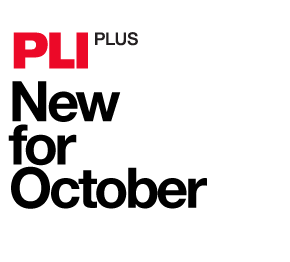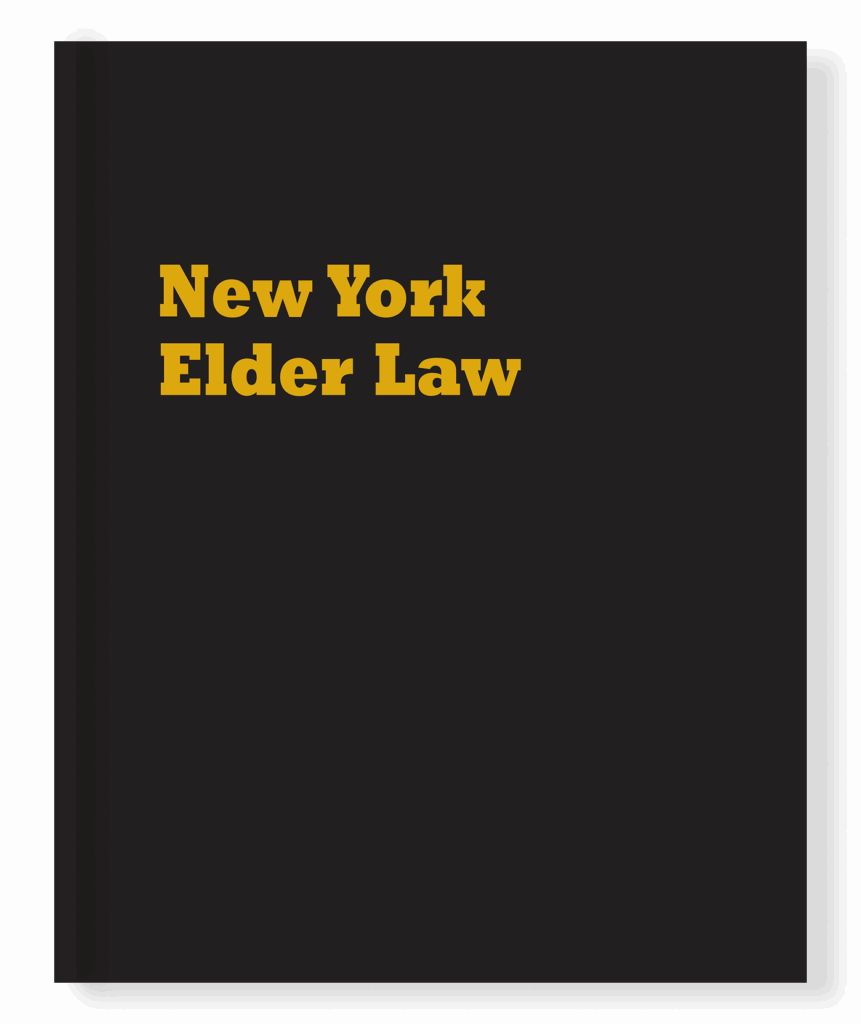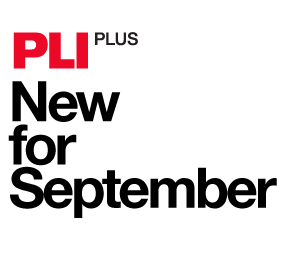Fashion Law and Business: Brands & Retailers (Third Edition) provides clear guidance on the wide range of legal and business issues faced by fashion industry participants, including designers, suppliers, manufacturers of apparel and accessories, retailers, and emerging entrepreneurs. Written by three of America’s leading fashion and retail law authorities, the new edition incorporates coverage of AI as well as new discussion of sustainability and relevant rules of environmental law to provide a comprehensive guide to the issues affecting the fashion industry today.
Readers will learn the considerations involved in starting a company in the fashion industry, including:
- Developing a business plan, determining the form and structure of the legal entity, and obtaining financing;
- How patent, trademark, copyright, and international design rights protection laws have been applied to the fashion industry, and their impact in such areas as gray market goods and counterfeiting;
- The contractual relationships and regulatory issues applicable to the design and production of fashion products;
- The dynamics of retail sales in the apparel industry;
- The legal issues involved in leasing and licensing brick-and-mortar retail stores;
- How to deal with labor and employment issues that relate to the fashion industry,
- The legal and practical concerns that affect sales and acquisitions of fashion companies, going public, and restructuring or bankruptcy.
Testimonials:
“A comprehensive guide that clearly addresses, in an approachable manner, all facets of law in the retail industry. Fashion Law and Business is unique in its global insider’s view and thorough understanding of the nuanced retail industry.”
–Kelly Koyama-Garcia, Retail Brand General Counsel
“…[T]his guide goes beyond the expected and usual topics to focus on key practice areas such as manufacturing, sustainability, real estate, and employment law. This publication is a must-have for any modern fashion lawyer who seeks to be well-rounded in law and business.”
–Lisa Keith, Executive Vice President & General Counsel, Steve Madden, Ltd.
“Fashion Law and Business is THE go-to resource for any (and every) fashion law practitioner, as it masterfully blends real-world industry challenges with insightful legal analysis.”
–Danielle Garno, Adjunct Professor in Fashion Law at the University of Miami School of Law and Partner, Daniel Ebeling Maccia & Cohen
“In an ever more rapidly evolving world where brands can take fashion they see on the street (or social media) and turn it into commercial production orders within hours, it is more important than ever to have a good understanding of the legal rules of the road. This casebook is an indispensable resource for designers, brands, and the ecosystem of partners who work with them.”
–Craig Fleishman, General Counsel of MycoWorks, Inc., formerly General Counsel to Rebecca Minkoff LLC
Order a print copy today.
PLI PLUS subscribers can access this title through their subscription.








